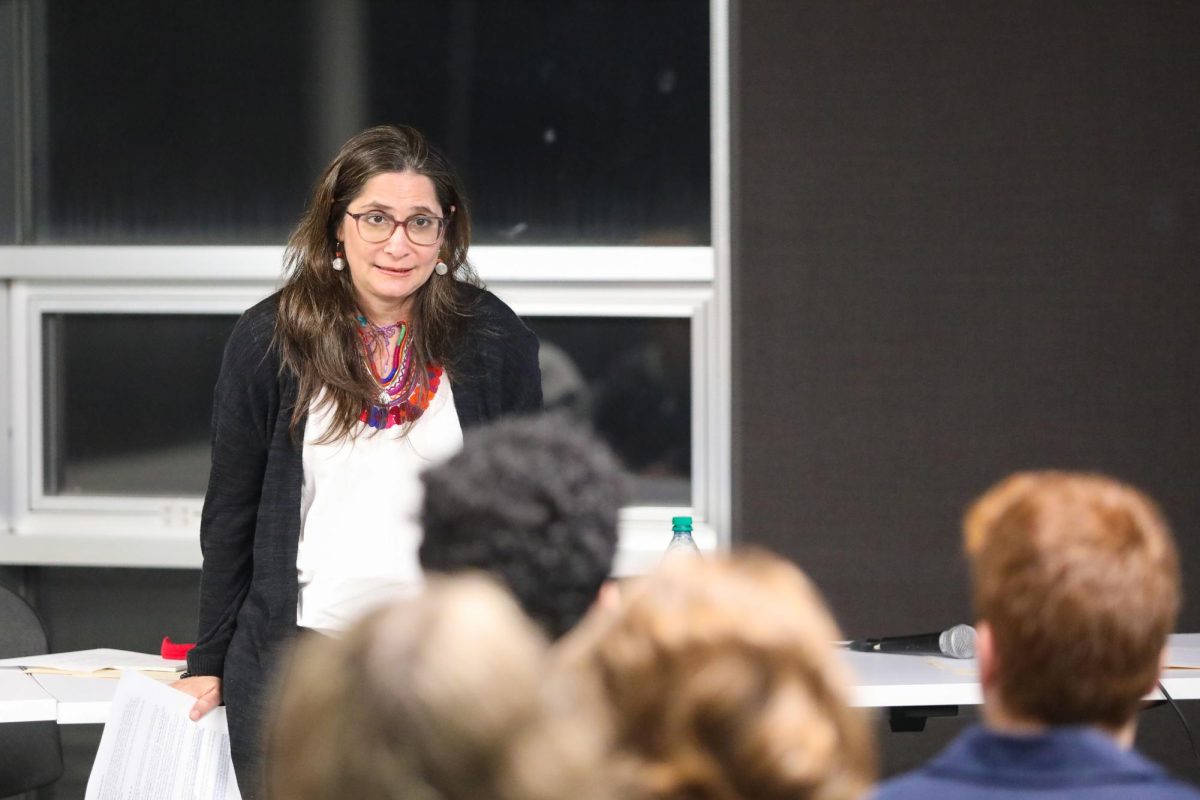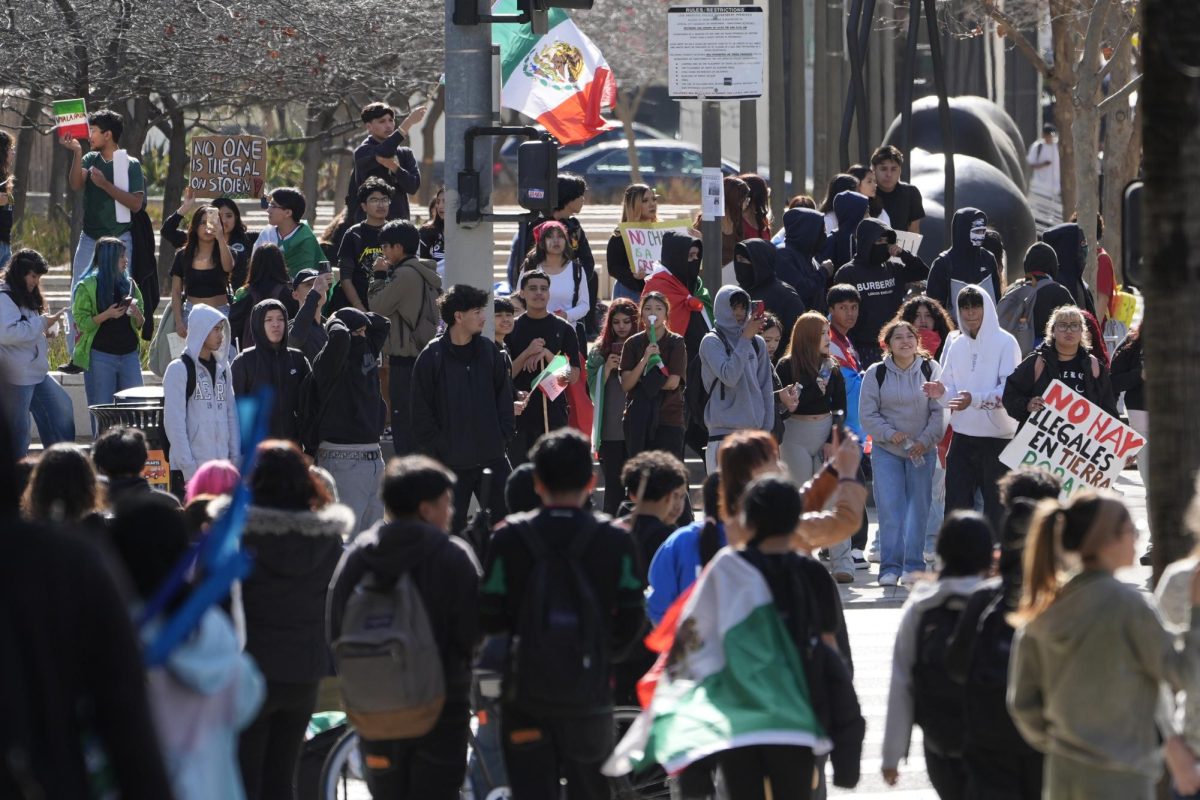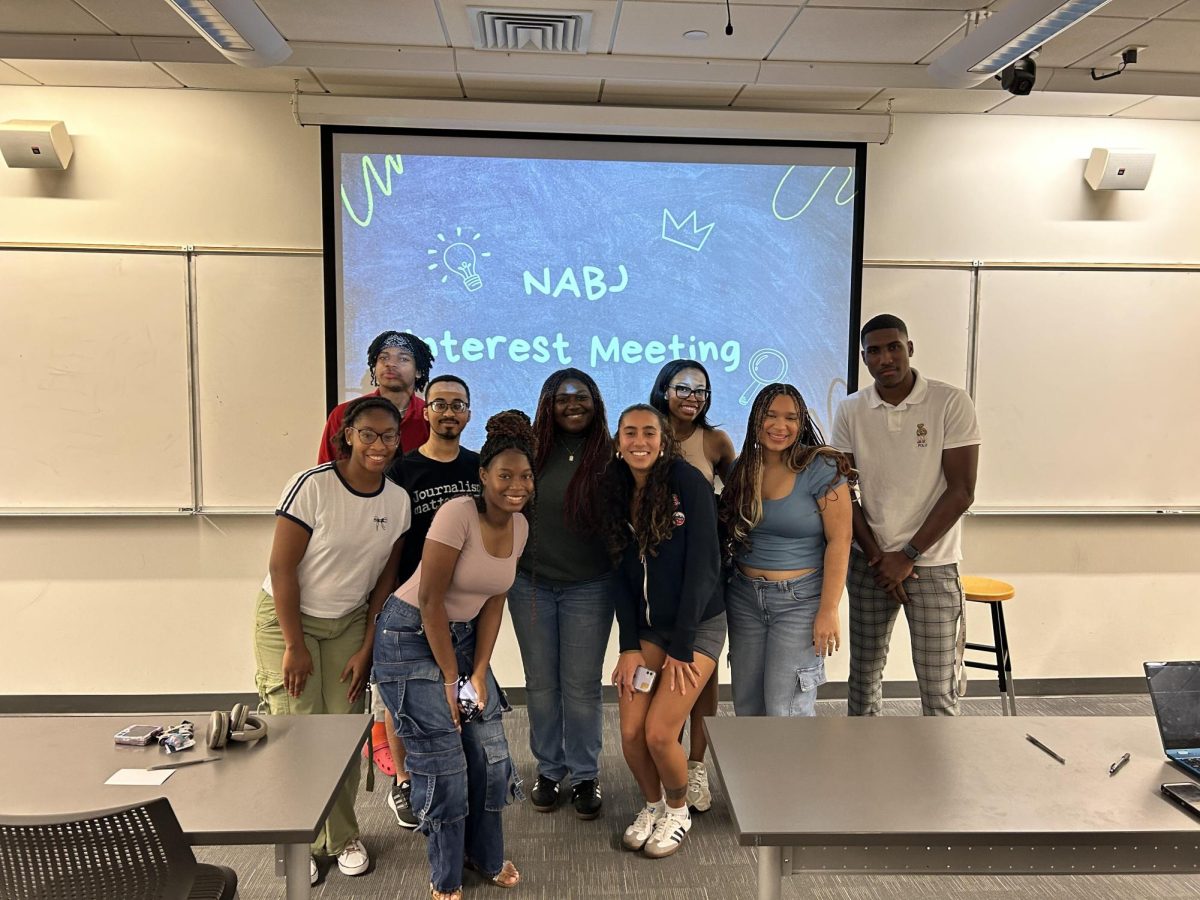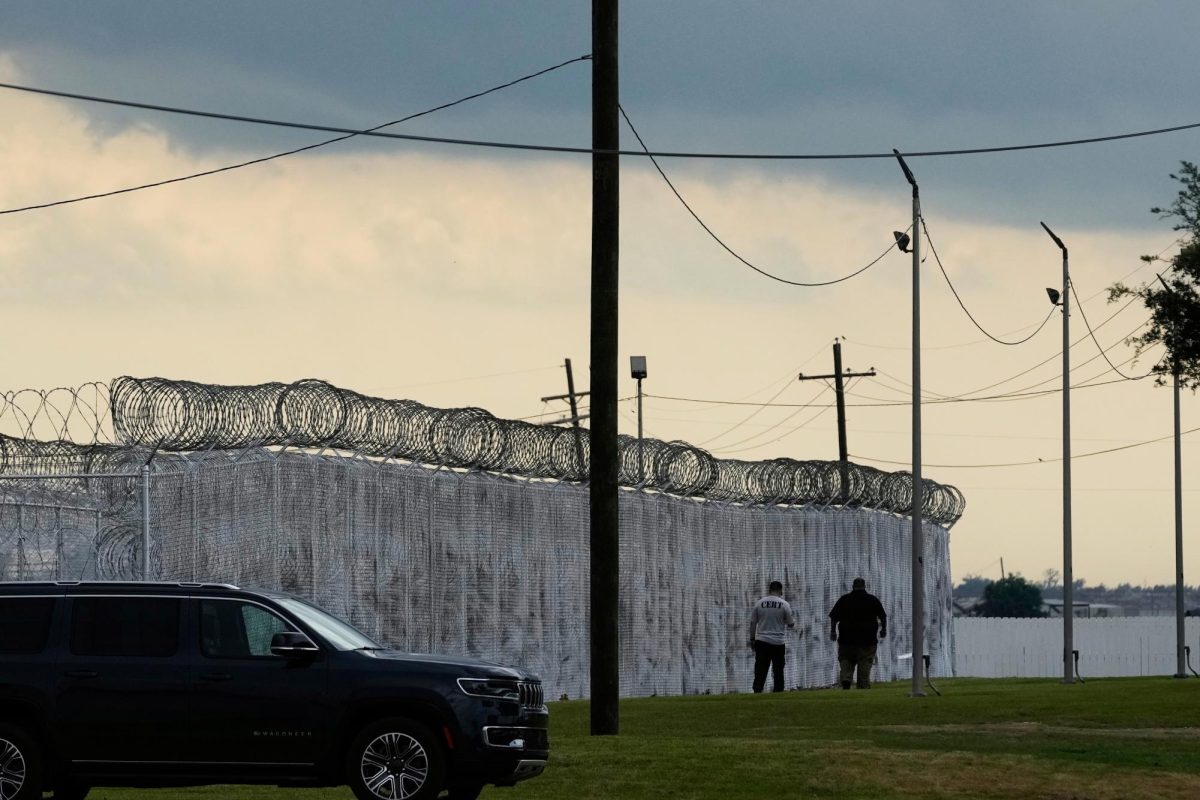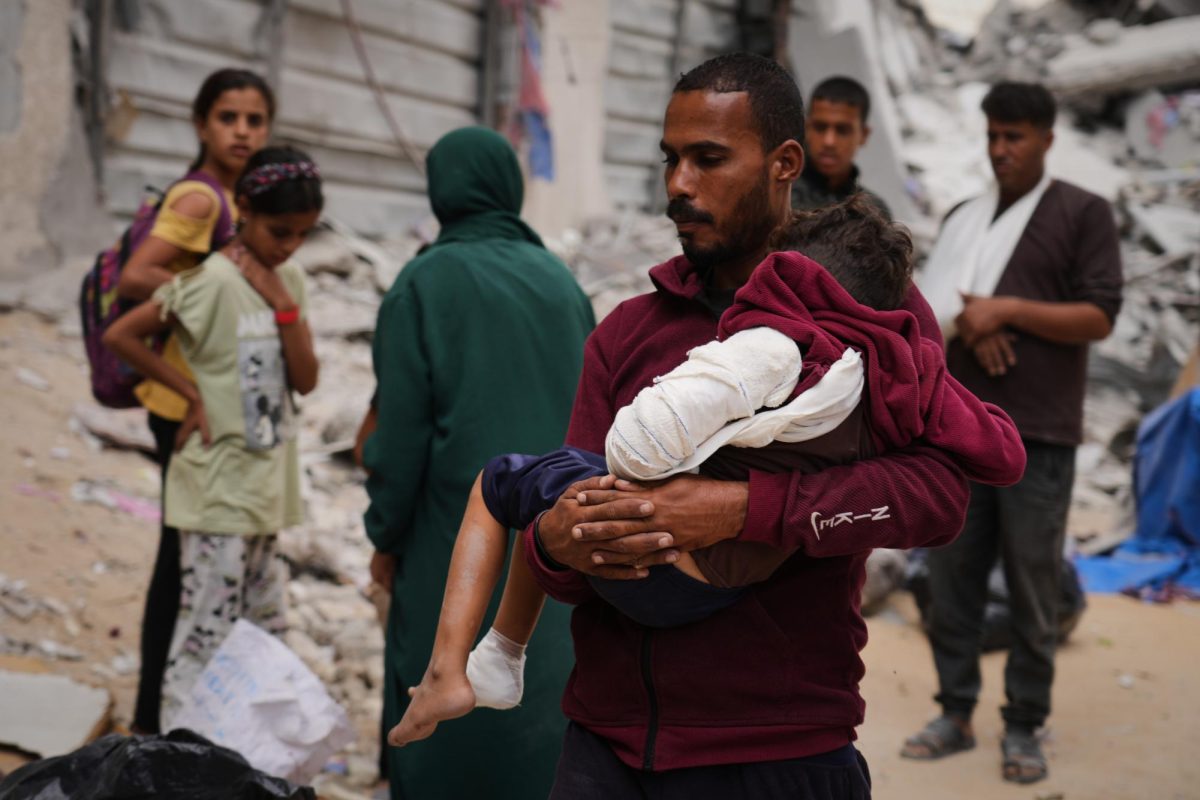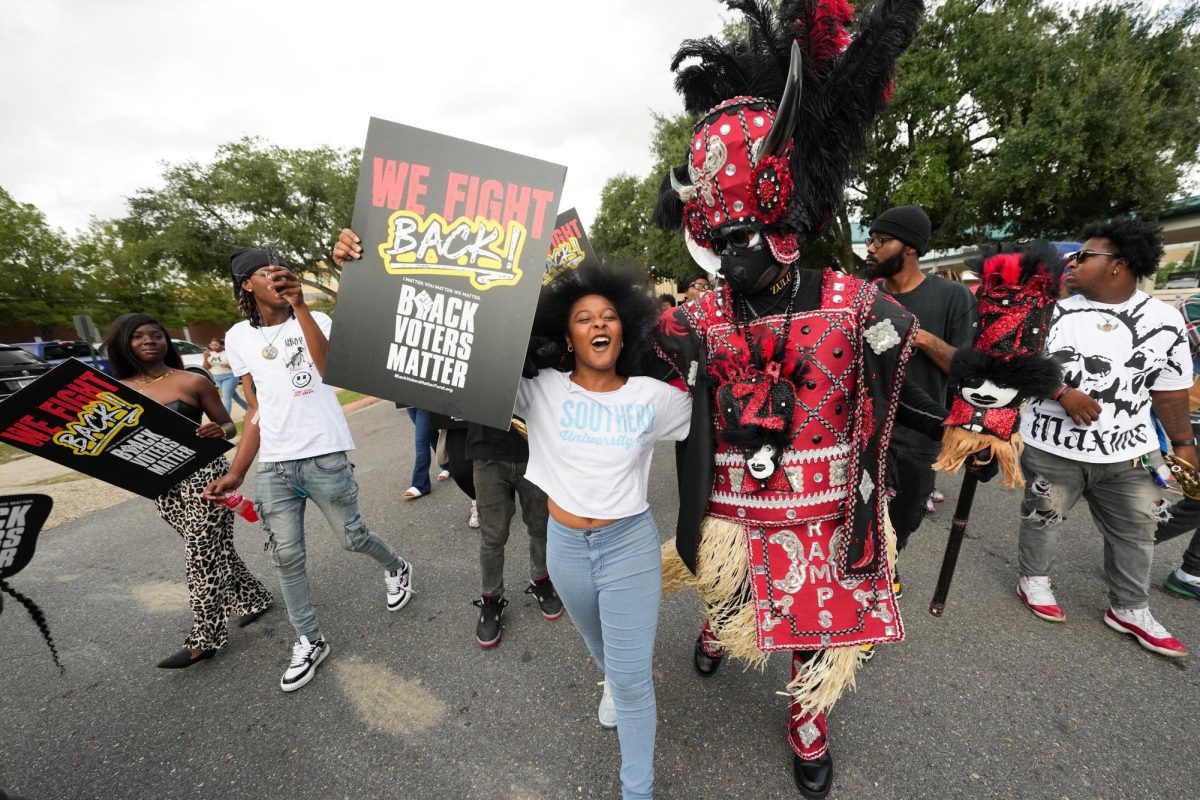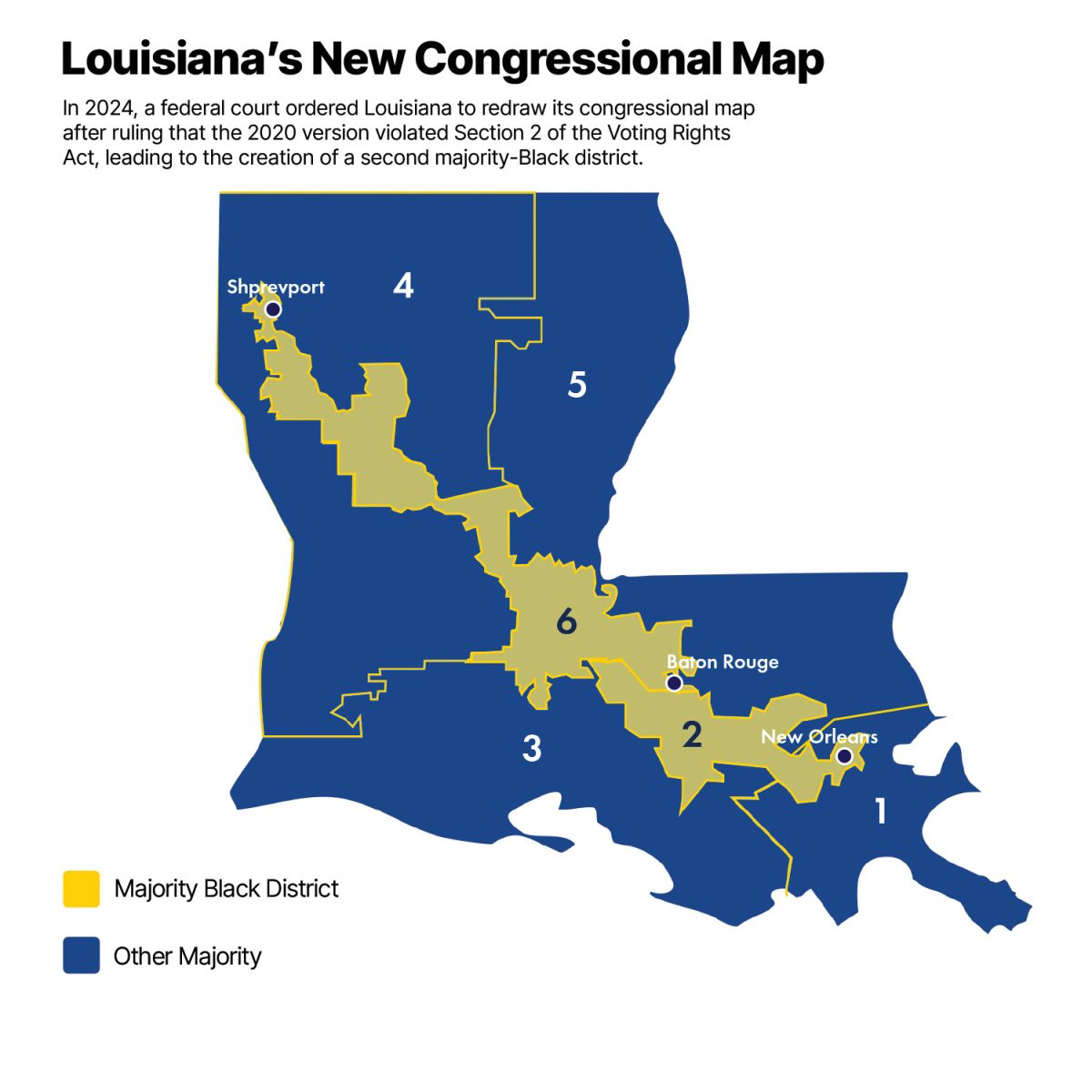Read part one and part two of this story for context on the Nicaraguan human rights crisis.
Editor’s Note: Quotes from Téllez were translated by Pablo Zavala, event host and Spanish and Latin American studies professor.
Loyola hosted Nicaraguan political activists Dora María Téllez and Ana Margarita Vijil who shared their accounts of the human rights crisis. The pair urged support from the Loyola community.
Téllez and Vijil spent 20 months in solitary confinement at El Chipote, a prison known for its inhumane conditions, as described by the U.N. They were some of 222 political prisoners released and exiled in February 2023. Dictator Daniel Ortega’s government deleted Téllez and Vijil’s birth certificates and confiscated their assets.
The activists were arrested the same day as other leaders of their opposition party, called Unamos, including President Suyen Barahona Cuan and Vice-President Hugo Torres. Torres, a military leader in the Sandinista revolution alongside Téllez, died in prison in February 2022. Torres had helped free Ortega from prison in 1974.
These arrests followed 40 opposition leaders, activists, and journalists detained by Ortega to ensure his unconstitutional re-election, Téllez said. Around 120 political activists are in prison as of February 2024, Vijil said.
“Whoever opens their mouth goes to prison,” Téllez said.
Téllez, a historian who joined the faculty at Tulane in September as a visiting researcher, participated in the 1979 uprising as a Sandinista guerilla commander against the Somoza dynasty. She served as health minister during the revolutionary government before turning against Ortega. Vijil, a lawyer, served as president of the democratic Sandinista Renovation Movement.
Vijil said the day of their arrest, June 13, 2021, she had been waiting at home. Over 100 people invaded her house.
Vijil said they beat her niece, and her family recounts herself being beaten, but she has no memory of the event. Ortega’s forces abducted Vijil in a truck bearing the Sandinista political party flag instead of the national flag, she said.
Téllez said she was convicted in a two-hour trial in which she spoke for one and a half minutes with no defense lawyer. She was never shown the accusations, and three retweets were used as evidence against her, she said. She was found guilty and sentenced to eight years in prison.
For the first 80 days, the government held the imprisoned activists incommunicado, sharing no information between the prisoners and their families, Vijil said. She said reports from international organizations became “the voice of [their] families” and pressured the prisons into allowing limited external communication.
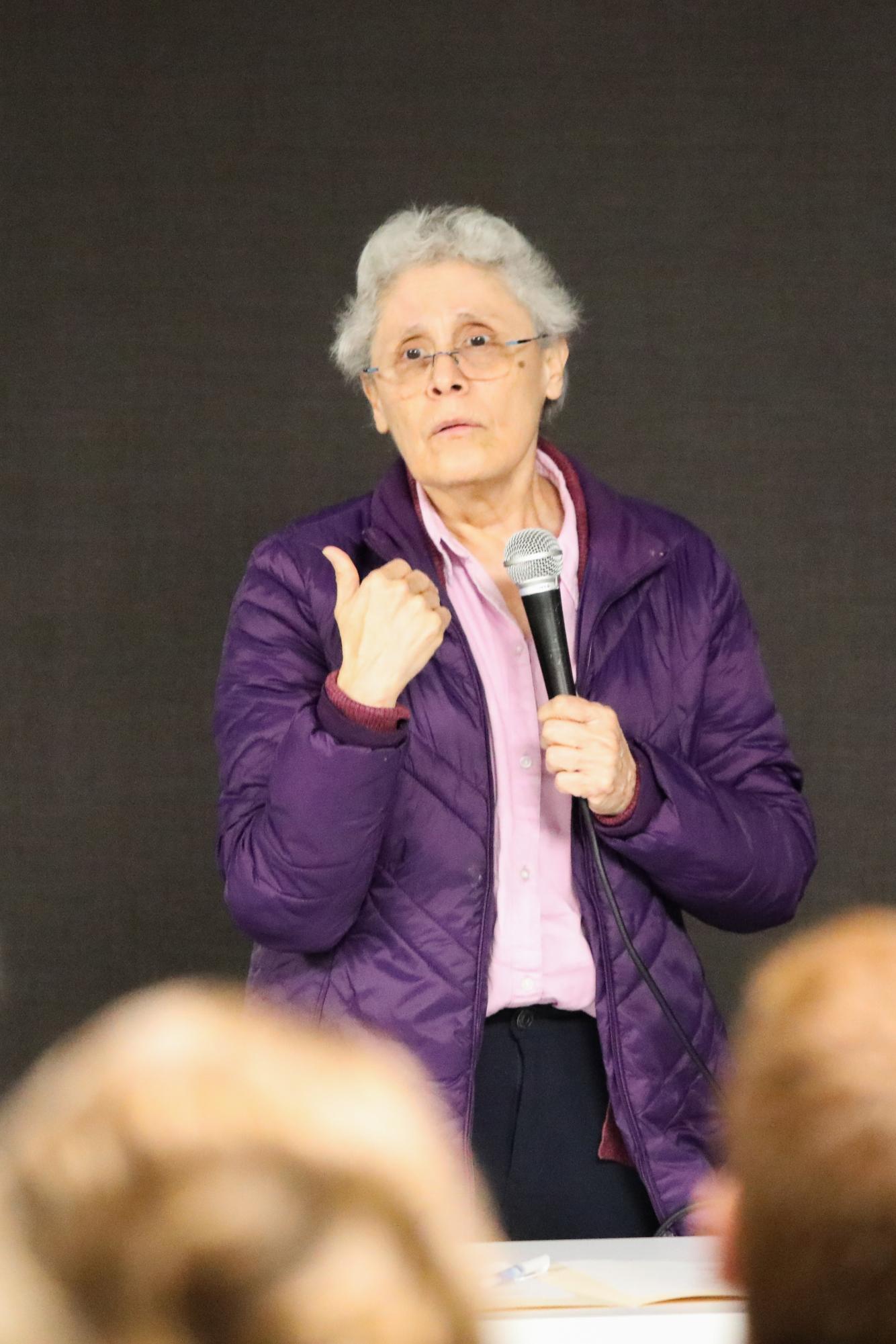
“The worst thing was not the condition [of the prison],” Vijil said. “The worst thing was the scarce time that we were able to see our families.”
Vijil said her mom had a cancer recurrence while she was in prison, and she found out 44 days later. Six months ago, Vijil’s mother died while she was in exile.
Téllez said unity formed against Ortega’s regime in April 2018 after two crucial instances – the regime revoked social security pensions for the elderly, and Ortega ignored a spreading forest fire. A series of protests and police violence followed.
“There was a moment in which everyone said ‘Oh my gosh. It’s not possible for us to live this way,” Vijil said.
“Your grandfather and your grandmother work their whole lives, and then one day [Daniel Ortega] decides that [they] will not receive pension,” Vijil said. “So these senior citizens, they went to the streets, and they were beaten.”
“Ortega has lost support from even his most loyal base,” Téllez said.
“[Ortega] doesn’t care that the public opinion is against him. They simply do whatever they want because nobody can do anything about it,” Téllez said.
In 2018, police killed at least 328 people involved in anti-government protests, according to Human Rights Watch.
“[Daniel Ortega] decided to attack and to kill. There was a regime of terror in Nicaragua after that.” Vijil said.
A 15-year-old was fatally shot for handing bottles of water to student protesters in April 2018. He was alive when he arrived at a hospital, but Ortega ordered the hospital not to provide medical care to any protesters, Vijil said.
Hundreds of thousands of mothers who lost their children to protest massacres marched on Mother’s Day in May 2018. Fifteen of these mothers were killed at the march, according to The New York Times.
Vijil said Bishop Rolando Álvarez was “really important in saving lives” during the time of terror. Alvarez was imprisoned for over a year and exiled in January 2024.
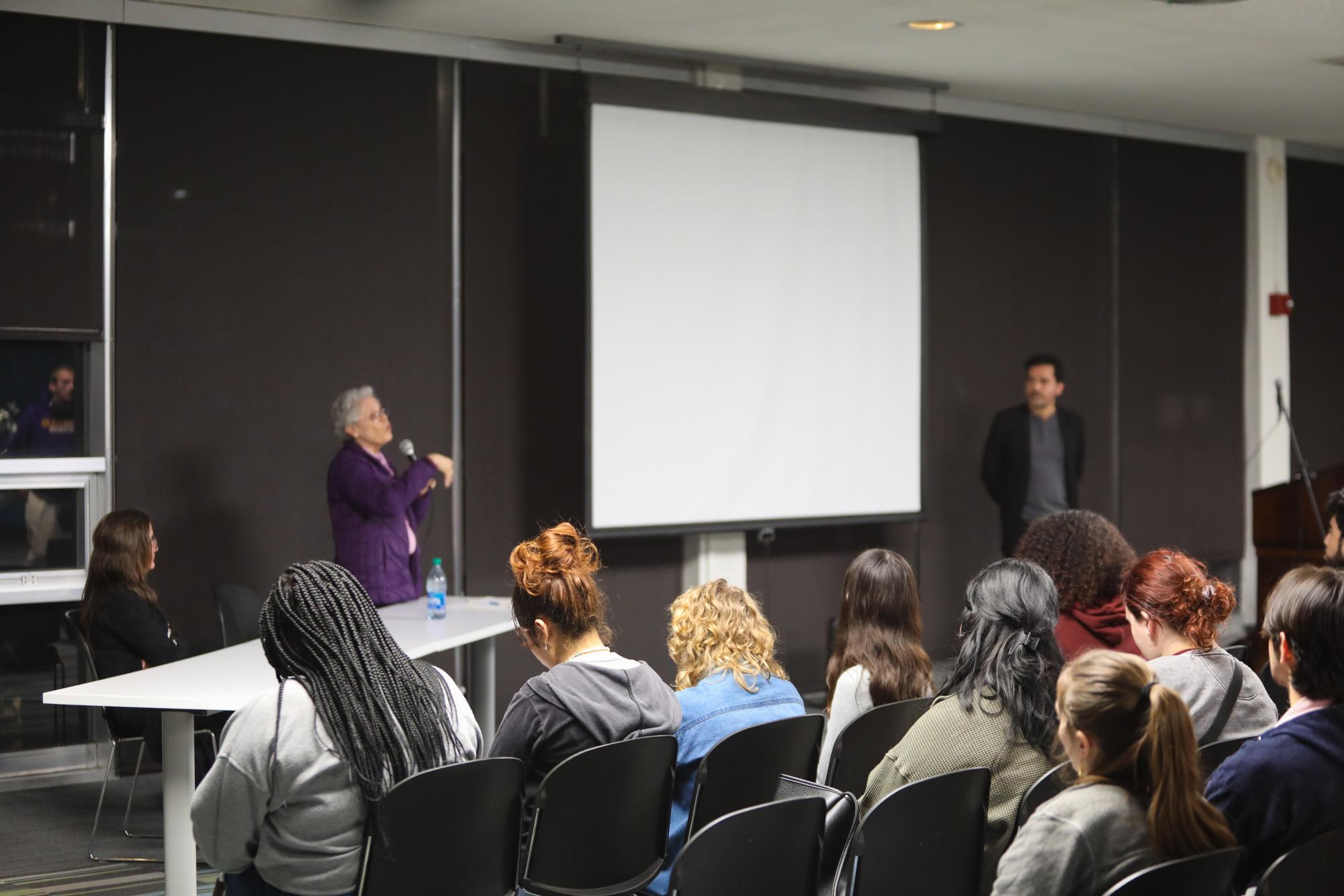
The prominent Jesuit Universidad Centroamericana was shut down by the state in August 2023. At least 26 universities have been dissolved by Ortega’s regime, according to Associated Press.
“Imagine that they closed Loyola for being a nest of terrorism, for being taught how to think critically,” Téllez said. “That’s what happened to Universidad Centroamericana in Nicaragua, which was a high-quality institution.”
Téllez and Vijil both studied at UCA.
“For me, it’s really important for me to be here at Loyola because I come from a Jesuit university that doesn’t exist anymore,” Vijil said.
From 2018 to now, more than 10% of the Nicaraguan population has fled from the country, Vijil said. Vijil described the psychological hardship immigrants face and asked for help, compassion, and solidarity to those people during this election year. The speakers also requested support toward persecuted activists from the Loyola community.
“I cannot imagine, work, or live in a place where democracy isn’t possible, where I can’t say what I think or improve the place in which I live,” Vijil said.


